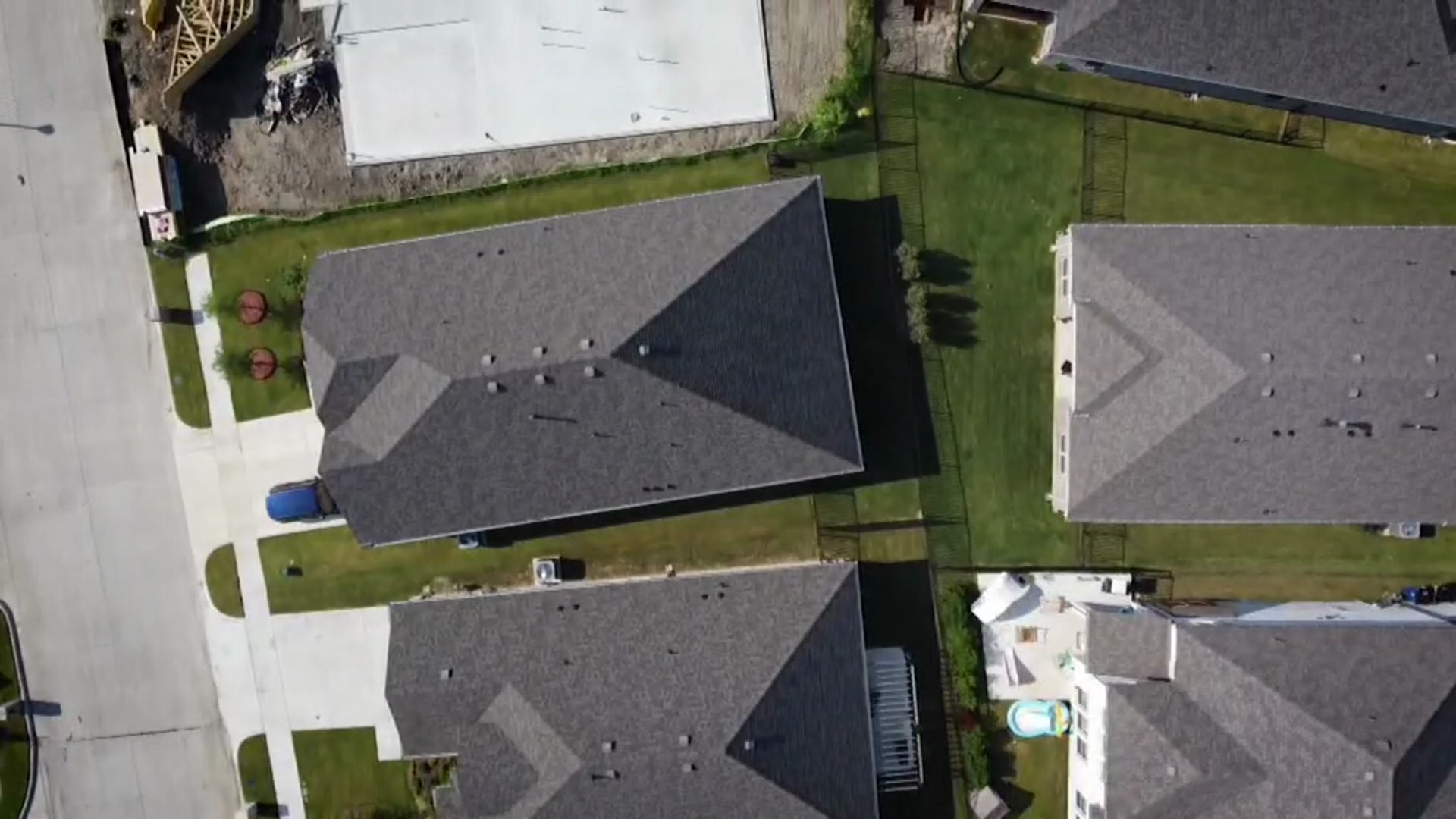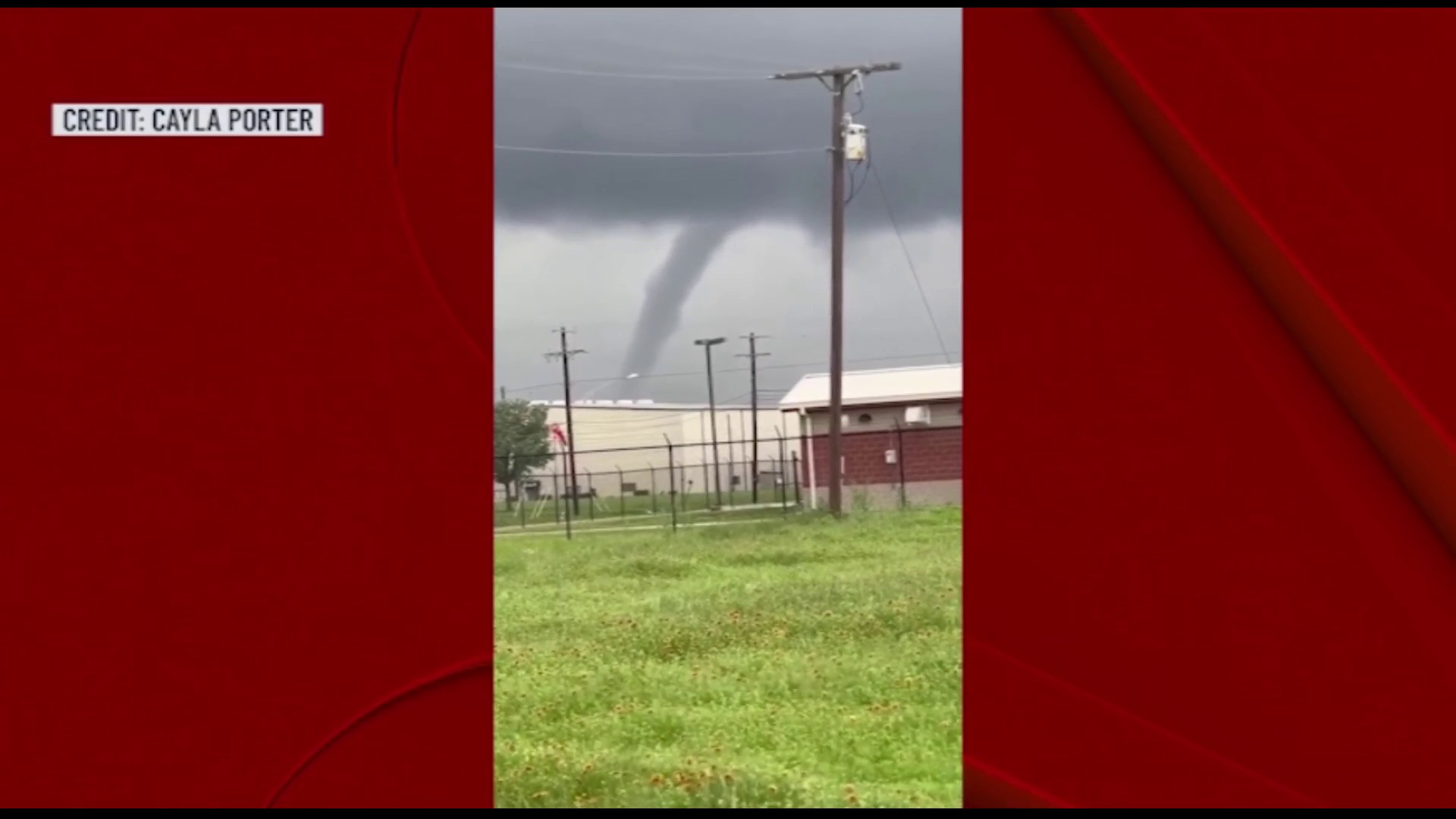As several COVID-19 vaccines continue working through trials and the Food and Drug Administration approval process, Texas has appointed a team of health leaders to form the COVID-19 Vaccine Allocation Panel.
The panel will help draft recommendations about who will get the first rounds of vaccines when they are made available.
"I think most people can agree that one of the priorities is to ensure that our health care infrastructure stays intact, so therefore the initial recommendations are regarding hospital staff or long term care staff, EMS providers," said Stephen Williams, the director for the Houston Health Department.
He's one of the 17 people on the panel that has been tasked to provide recommendations to the Texas Health Commissioner, Dr. John Hellerstedt.
Last week Texas Gov. Greg Abbott announced the group's initial recommendation for on how to distribute the vaccine based on priority.
Texas will initially allocate COVID-19 vaccines based on the following criteria:
- Protecting health care workers who fill a critical role in caring for and preserving the lives of COVID-19 patients and maintaining the health care infrastructure for all who need it.
- Protecting frontline workers who are at greater risk of contracting COVID-19 due to the nature of their work providing critical services and preserving the economy.
- Protecting vulnerable populations who are at greater risk of severe disease and death if they contract COVID-19.
- Mitigating health inequities due to factors such as demographics, poverty, insurance status and geography.
- Data-driven allocations using the best available scientific evidence and epidemiology at the time, allowing for flexibility for local conditions.
- Geographic diversity through a balanced approach that considers access in urban and rural communities and in affected ZIP codes.
- Transparency through sharing allocations with the public and seeking public feedback.
"These guiding principles established by the Expert Vaccine Allocation Panel will ensure that the State of Texas swiftly distributes the COVID-19 vaccine to Texans who voluntarily choose to be immunized," Abbott said in a statement. "This foundation for the allocation process will help us mitigate the spread of COVID-19 in our communities, protect the most vulnerable Texans, and safeguard crucial state resources."
Local
The latest news from around North Texas.
The state is encouraging any facility organization or health care provider licensed to hold or give vaccines can enroll to administer the COVID-19 in Texas.
The goal is to make sure that all communities have access to the vaccine for those who need it the most.
COVID-19 Expert Vaccine Allocation Panel Voting Members:
- Chair, Imelda Garcia, Associate Commissioner for Laboratory and Infectious Disease Services, DSHS
- The Honorable Lois Kolkhorst, Texas Senate District 18
- The Honorable Eddie Lucio, Jr., Texas Senate District 27
- The Honorable Stephanie Klick, Texas House District 91
- The Honorable Senfronia Thompson, Texas House District 141
- David Lakey, M.D., Vice Chancellor for Health Affairs and Chief Medical Officer, University of Texas System
- Gerald Parker, M.D., Associate Dean, College of Veterinary Medicine & Biomedical Sciences, Texas A&M University
- John Zerwas, M.D., Executive Vice Chancellor for Health Affairs, University of Texas System
- W. Nim Kidd, Chief, Texas Division of Emergency Management, Texas A&M System
- Stephen Williams, MPA, Director, Houston Health Department
- Casie Stoughton,RN, MPH, Director of Public Health, City of Amarillo
- Paul McGaha D.O., MPH, Local Health Authority, Smith County, The University of Texas Health Science Center at Tyler
- David Gruber, Associate Commissioner for Regional and Local Health Operations, DSHS
- Manda Hall, M.D., Associate Commissioner for Community Health Improvement, DSHS
- Stephen Pont, M.D., State Epidemiologist, DSHS
- Jennifer Shuford, M.D., Infectious Disease Medical Officer, DSHS
- Ryan Van Ramshorst, M.D., MPD, Chief Medical Officer, Medicaid and Children’s Health Insurance Program, Health and Human Services Commission
Williams said it's important to note that while there is a vaccine on the way, it's not a cure all and people still need to be safe.
"A lot of emphasis is being placed on vaccine and vaccine distribution, but because this is going to happen over a long period of time, we have to ensure that we're continuing to mask up social distance, wash our hands, and also get tested," said Williams.
He said the panel will be meeting on Tuesday to discuss other logistics on how to roll out the vaccine.
When it comes to costs, health officials said there's shouldn't be a barrier since the government and insurance companies are picking up the tab.



